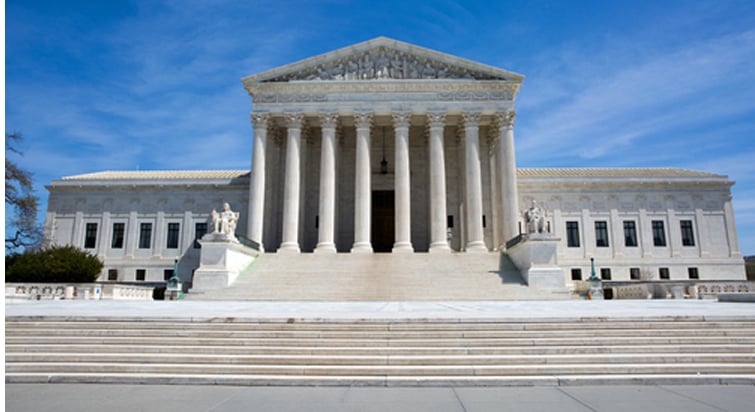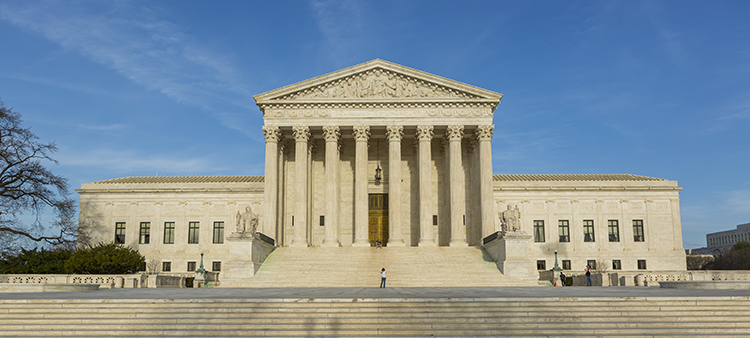Gorsuch dissents with liberals when SCOTUS bars immigrant's challenge to alleged factual error

Image from Shutterstock.
The court ruled against Pankajkumar Patel in a 5-4 decision. Justice Neil Gorsuch dissented, joined by the court’s three liberal justices.
Barrett said federal law bars courts from reviewing the judge’s alleged factual error. Gorsuch sided with Patel.
“Today, the court holds that a federal bureaucracy can make an obvious factual error, one that will result in an individual’s removal from this country, and nothing can be done about it,” Gorsuch wrote. “No court may even hear the case. It is a bold claim promising dire consequences for countless lawful immigrants.”
Barrett said federal law bans judicial review of decisions by immigration judges that deny discretionary relief from deportation. That ban also prevents judicial review of factual findings underlying the denial of relief, Barrett said.
The immigration judge had determined Patel was not credible when he said he made an honest error by ticking a box that identified him as a U.S. citizen on a Georgia driver’s license application. The judge said the misrepresentation made Patel ineligible for discretionary relief and ordered Patel and his wife deported.
The immigration judge had reasoned Patel intentionally misrepresented himself because Patel had to be a citizen or a lawful permanent resident to obtain the driver’s license. In reality, Patel was entitled to receive the license because of his pending application for deportation relief.
When Patel challenged the immigration judge’s finding, he lost before the Board of Immigration Appeals. In the federal courts, the Atlanta-based 11th U.S. Circuit Court of Appeals ruled it had no jurisdiction to hear the case.
The Supreme Court affirmed.
Patel argued that federal law bans review of the ultimate grant or denial or discretionary relief, but not determinations of eligibility. But Patel “cannot square his interpretation with the text” of the law, Barrett said.
“Federal courts lack jurisdiction to review facts found as part of discretionary-relief proceedings,” she said.
The case is Patel v. Garland.
Hat tip to SCOTUSblog.



